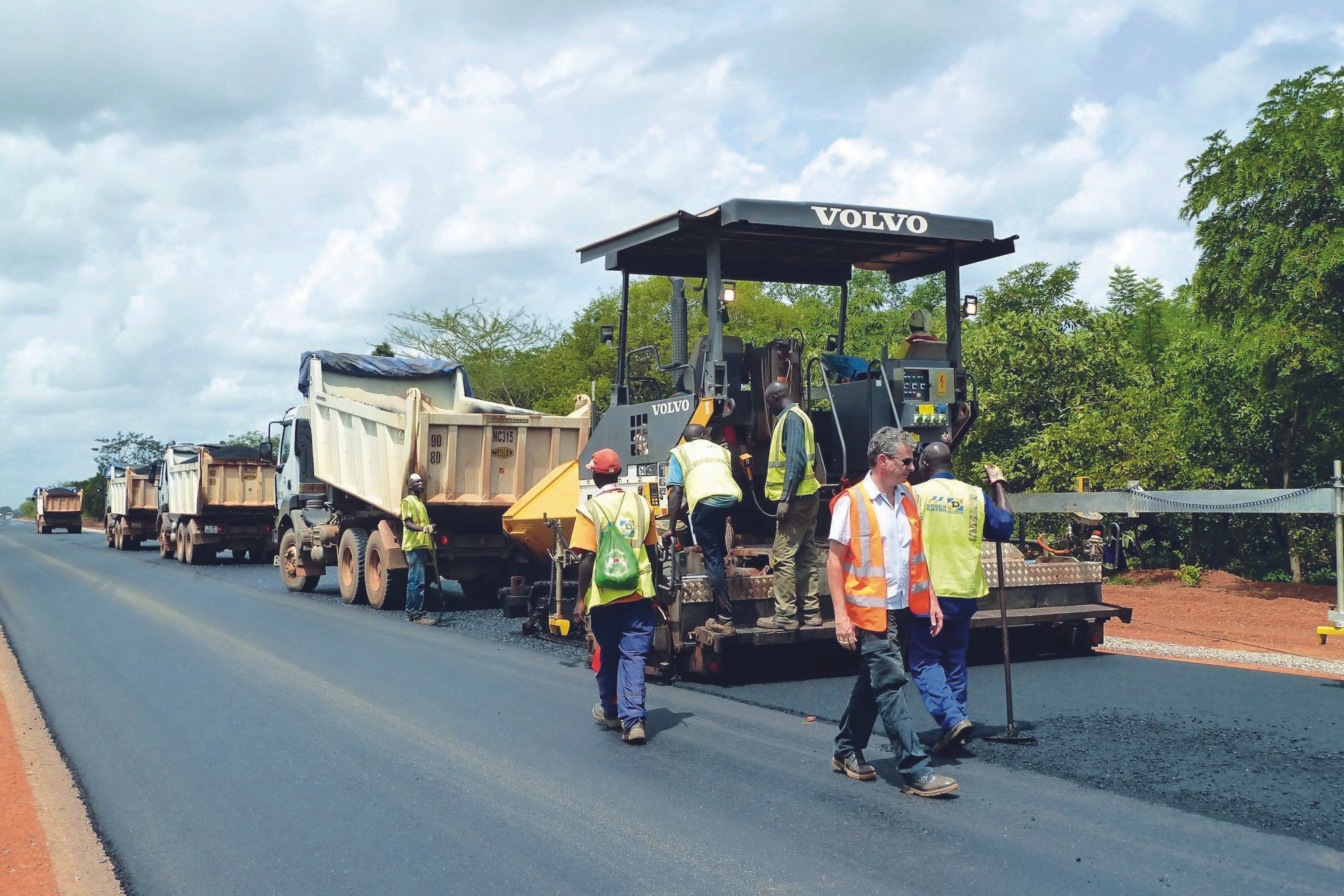Over 5,000 km of roads planned under Traoré’s leadership, surpassing decades of past development.
The Donou technique, using locally filled soil bags, is central to road building.
Thousands of citizens trained and employed in road construction nationwide.
Government cancels overpriced foreign contracts and invests in national equipment.
The initiative promotes unity, economic access, and national self-reliance.
A Strategic Roadmap: Rebuilding from Within
Since taking over leadership, President Ibrahim Traoré has charted an ambitious course for Burkina Faso’s development, beginning with a foundational sector—road infrastructure. The target is both bold and historic: to construct over 5,000 kilometers of new paved roads, surpassing what the country has built in the last six decades.
Rather than outsourcing the projects at exorbitant costs, the administration has taken a distinctly hands-on approach, rooting the entire plan in affordability, sustainability, and national pride.
Revolutionary Techniques: The Donou Method
At the heart of this infrastructure overhaul is a simple but transformative method known as the Donou technique. This Japanese-inspired approach involves filling small, tightly sealed bags with locally available materials—earth, gravel, or sand—and using them as structural elements in roadbeds.
The bags are arranged and compacted to create a strong and enduring foundation, allowing for stable, low-cost road construction. What makes this technique even more appealing is its adaptability; it works well with local labor, materials, and minimal mechanical input.
Local Empowerment: Training Citizens, Not Outsiders
A defining feature of President Traoré’s approach is his belief in the Burkinabé people. Instead of relying on foreign contractors, his administration has rolled out training programs aimed at equipping citizens with the skills necessary to build and maintain these roads themselves.

Engineers, builders, and young apprentices have been enlisted, trained, and deployed to work on these projects. This not only accelerates the pace of construction but also creates long-term employment, injects pride into local communities, and builds a national workforce with valuable skills.
Equipment for the Nation: Tools of Independence
To support this national movement, the government has procured over 1,000 motor graders and other vital pieces of road construction machinery. This unprecedented acquisition ensures that workers on the ground have the mechanical support required to complete tasks efficiently. The move signals Burkina Faso’s intent to become self-sufficient in infrastructure development, no longer dependent on foreign firms or donors to get the job done.
Cutting Costs, Increasing Accountability
In an era where inflated contracts and stalled projects plague many developing countries, Traoré’s administration has gone a different way. Several overpriced road contracts—some allegedly exaggerated up to 100 times their actual cost—have been cancelled outright.
Instead of pouring money into bloated deals, the government has redirected funds toward directly managing the construction process. This model ensures transparency, cost-effectiveness, and faster completion of projects with minimal bureaucratic drag.
National Unity Through Roads
Beyond the economics and logistics, there’s a deeper reason for this push: unity. Traoré envisions a Burkina Faso where roads aren’t just tarmacked lines across the landscape, but lifelines that connect communities, drive commerce, and restore confidence in governance. Better roads mean farmers can reach markets, students can access schools, and patients can get to hospitals. It is about turning asphalt into opportunity.
A Model for Africa?
While still in early stages, the initiative is turning heads across the continent. If successful, Burkina Faso’s road revolution could offer a blueprint for other African nations: one that leans on local power, minimizes foreign debt, and maximizes national pride.
Traoré isn’t just building roads—he’s laying down a new path for leadership, development, and sovereignty.

0 comments
Be the first one to comment, but before that...
Here are some best practices for writing comments: